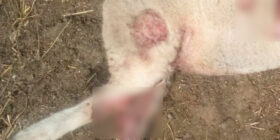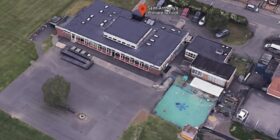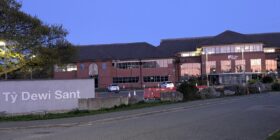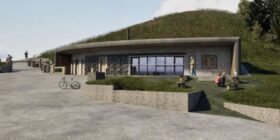Inside the Flintshire R&D facility helping to make 15,000 lifesaving ventilators for the NHS
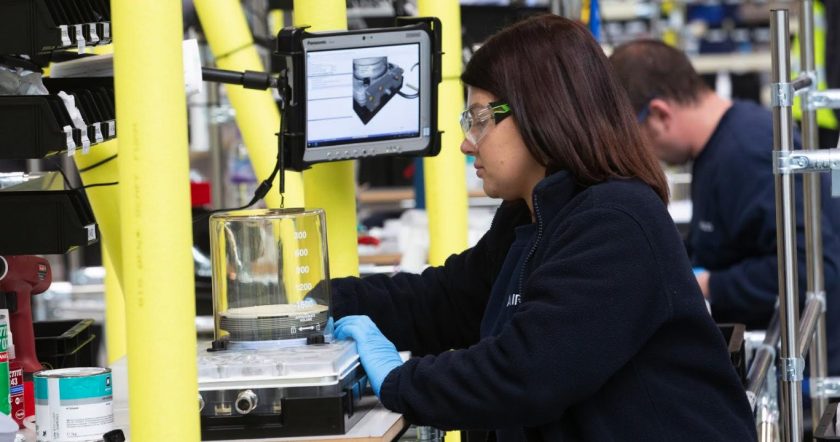
Airbus has released a video showing how it has helped transform Broughton’s Advanced Manufacturing Research Centre (AMRC) into an assembly line to produce at least 15,000 ventilators for the NHS.
AMRC Cymru, which sits next door the Airbus site in Broughton has been rapidly transformed into assembly line to produce medical ventilators for the UK in the fight against COVID-19.
Airbus is part of the Ventilator Challenge UK consortium, which brings together some of the world’s most innovative industrial, technology and engineering businesses from across the aerospace, automotive and medical sectors.
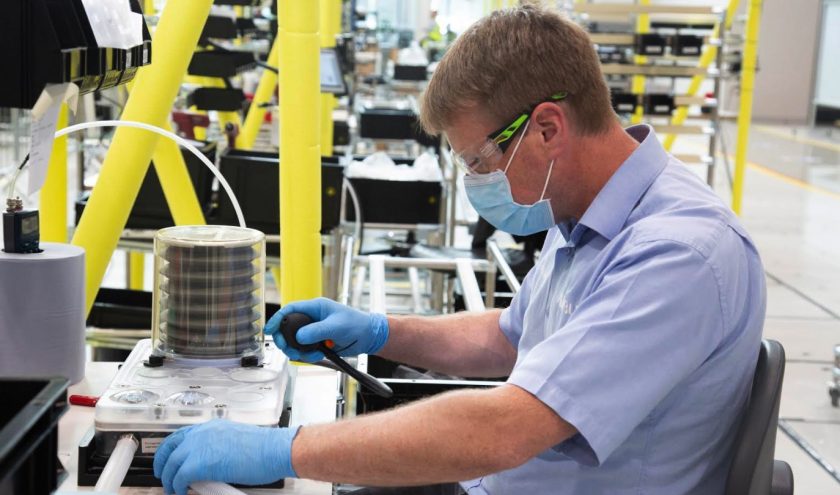
Over 550 Airbus employees are working around the clock to produce thousands of ventilators for the National Health Service.
Following approval from the UK’s Medicines and Healthcare products Regulatory Agency (MHRA), Welsh government-owned AMRC Cymru will help build up to 1,500 Penlon Prima ESO2 ventilators each week.
The device is a simplified version of an existing Penlon model and is the first new ventilator approved by the UK medical regulator in the fight against COVID-19.
Airbus is making about 50 percent of the parts of each finished ventilator at AMRC Cymru, assembling absorber units and flowmeters.
The finished parts then join up with ventilator units made by Ford in Dagenham and trolleys made by McLaren in Woking to make the finished unit. After final testing by Penlon in Abingdon, the ventilators are ready for supply to the NHS.
Governments around the world are trying to boost the number of available mechanical breathing devices that can supply air and oxygen, crucial for the care of people who suffer lung failure, which can be a complication of COVID-19.
Minister for Economy and North Wales Ken Skates said: “I’d like to thank Airbus for the amazing work it has done at the Welsh Government-funded AMRC Cymru to transform the site into a production line for ventilators.
“The way the workforce has adapted to the new production line is truly remarkable. I’d also like to recognise the flexibility of the team at AMRC to support this critical work, which will play such a vital role in the NHS here in Wales and further afield. There can be no doubt that the work taking place in Broughton will save lives.”
